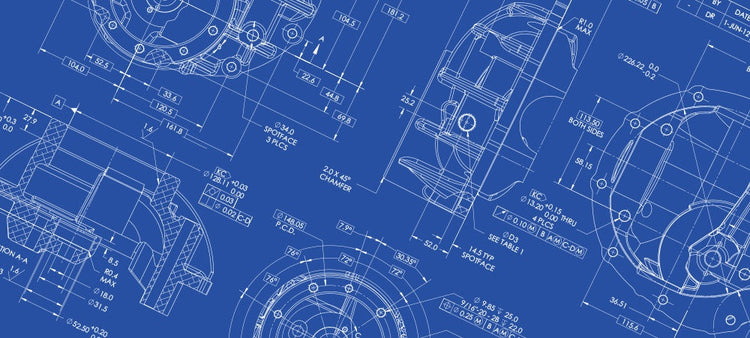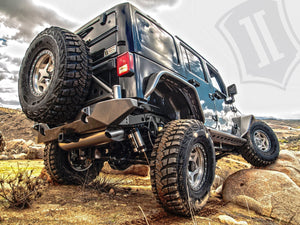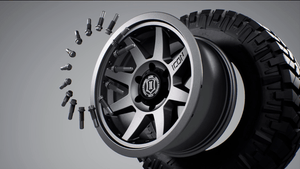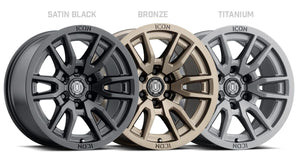
randys blog


Blog
Evan
CAD DELETE INSTALLATION INSTRUCTIONS 1994-1999 DODGE 2500/3500
Installation Instructions for Dodge 2500/3500
Subscribe To Our Newsletter
Sign up & unlock 5% off. Get news on insider deals, product releases, and expert advice.
popular posts
categories


